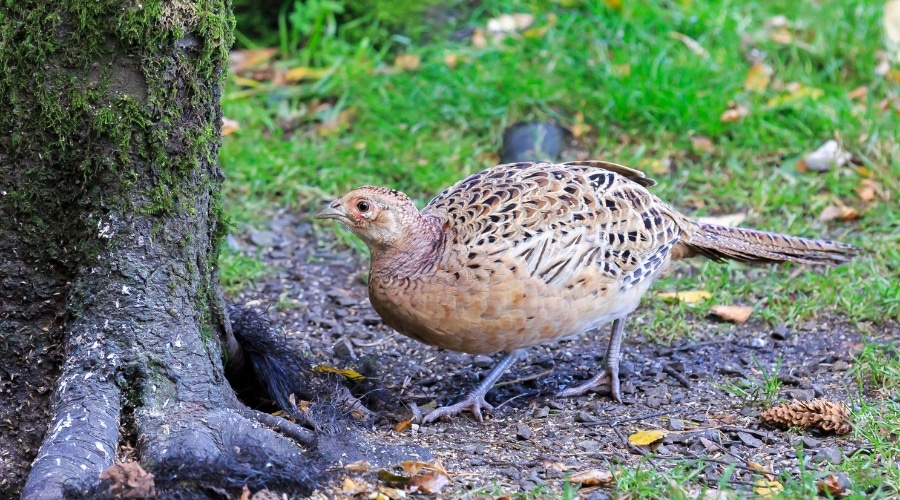‘Catching up’ permitted following risk assessment
- BASC Press Team
- January 9, 2023
- 4:53 pm

BASC is advising members that following the publication of a new Defra risk assessment and amendments to the Avian Influenza Prevention Zones (AIPZs) in England, Scotland and Wales, it has been confirmed that ‘catching up’, the process of taking wild gamebirds for restocking breeding purposes, is subject to important changes.
In addition to following existing best practice rules, the AIPZs have been updated to include new mandatory measures to minimise the risk of an avian influenza infection as result of ‘catching up’.
The new measures include a requirement that caught up birds must kept for a minimum of 21 days before they can be moved to another premises (other than in specific situations and such movement is licenced). This timescale is in-line with other movement restrictions associated with preventing the spread of avian influenza.
Glynn Evans, BASC’s head of game and wildlife management, said: “Knowing what we know about avian influenza, the 21-day holding period is an appropriate way to reduce the risk of spreading the disease.
“With APIZs being issued by each of the home nations, BASC is advising not only those who catch up gamebirds but anyone who keeps birds to check the relevant AIPZ declarations. It is essential everyone follows the rules appropriate to their circumstances.”
BASC, alongside our Aim to Sustain partners, has produced sector-wide advice for those intending to catch up. This is available in our dedicated avian influenza hub here.
Recent news
-
BASC welcomes new Environment Secretary Steve Barclay
-
Scottish snaring ban would be “catastrophic” for threatened species
-
BASC seeks legal advice over Wales gamebird plans
-
BASC launches new deer stalking scheme in Lancashire
-
Celebrate Great British Game Week with us
